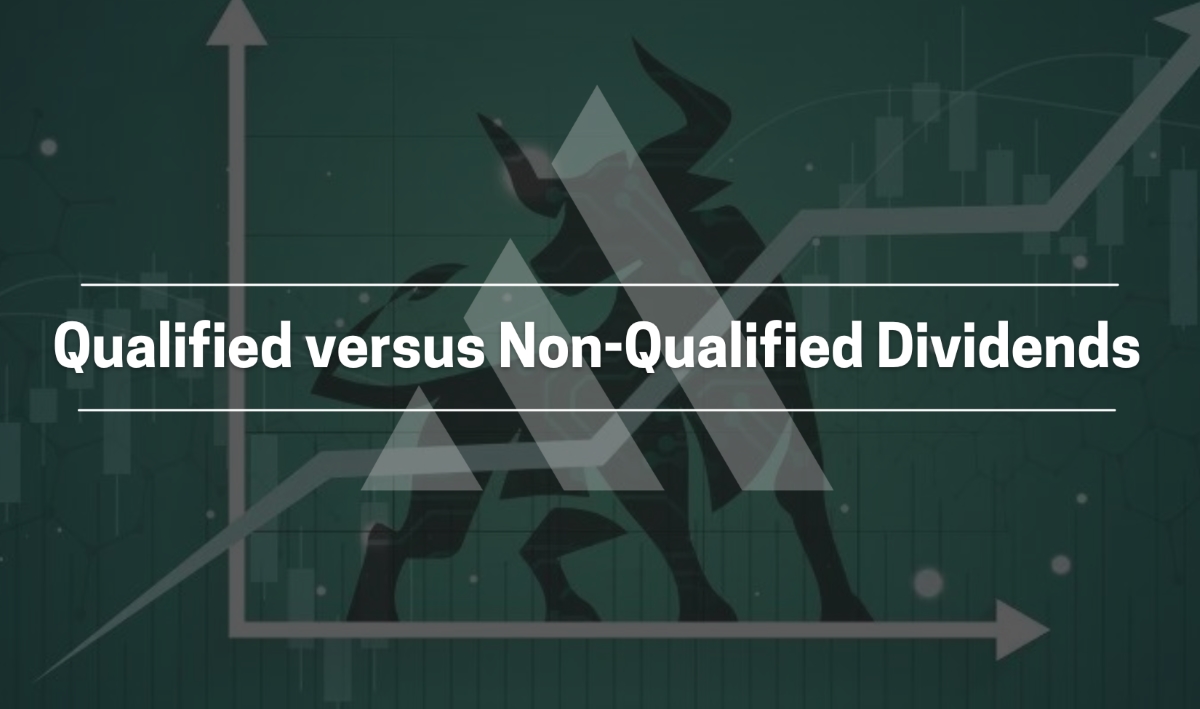

Finance
How Do You Buy A Car With No Credit
Modified: March 1, 2024
Learn how to finance a car with no credit. Find out the best strategies and options available to help you get approved for a car loan without a credit history.
(Many of the links in this article redirect to a specific reviewed product. Your purchase of these products through affiliate links helps to generate commission for LiveWell, at no extra cost. Learn more)
Table of Contents
Introduction
Buying a car is an exciting milestone for many people, but what happens when you don’t have a credit history? Traditional lenders often rely on credit scores to determine loan eligibility, leaving those with no credit in a challenging situation. However, all hope is not lost. There are still ways to buy a car with no credit and establish a solid financial foundation.
Having no credit history doesn’t necessarily mean you have bad credit or a poor financial standing. It simply means that you haven’t borrowed money or used credit cards in the past. While this may make it difficult to get a traditional car loan, there are alternative financing options available that can help you make your dream of owning a car a reality.
In this guide, we will explore various strategies and alternatives that can be used to buy a car with no credit. Whether you’re a recent graduate, a young professional, or someone starting over financially, these tips will give you the knowledge and confidence to navigate the car buying process without a credit history.
Understanding the Importance of Credit
Credit plays a significant role in our financial lives. It is a measure of our ability to borrow money, and it impacts our ability to secure loans, rent an apartment, obtain insurance, and even get a job. Having a good credit score is vital because it demonstrates to lenders that you are a responsible borrower who can manage debt effectively.
When it comes to buying a car, having good credit can make the process much easier. Lenders use credit scores to determine the level of risk associated with lending money to a borrower. A higher credit score translates to a lower risk, which means you are more likely to get approved for a car loan and negotiate better terms, such as lower interest rates and monthly payments.
Unfortunately, having no credit history can be viewed as a risk by lenders. Without a credit score, they have no way to assess your borrowing habits and determine whether you are a reliable borrower. This can make it challenging to secure a traditional auto loan.
It’s essential to note that having no credit is different from having bad credit. Bad credit indicates a history of late payments, high debt utilization, or defaulting on loans. No credit, on the other hand, simply means that you haven’t had the opportunity to establish a credit history.
If you have no credit, it’s important not to be discouraged. There are steps you can take to build credit and improve your chances of securing a car loan. By understanding how credit works and exploring alternative financing options, you can still successfully buy a car and pave the way for a strong credit foundation in the future.
Exploring Alternative Financing Options
If you don’t have a credit history, traditional lenders may be hesitant to approve your car loan application. However, there are alternative financing options that can help you overcome this hurdle and still buy a car.
1. Find a co-signer: One option is to find a trusted family member or friend who is willing to co-sign the loan with you. A co-signer with a strong credit history can reassure lenders and increase your chances of loan approval. Keep in mind that if you default on payments, the co-signer will be responsible for repaying the loan.
2. Look for buy-here-pay-here dealerships: Buy-here-pay-here dealerships offer in-house financing, meaning they lend you the money directly rather than relying on a third-party lender. They may be more willing to work with buyers with no credit. However, be cautious of high interest rates and read the terms and conditions carefully.
3. Explore credit unions: Credit unions are nonprofit financial institutions that often have more flexible lending criteria compared to traditional banks. They may offer lower interest rates and more lenient lending requirements, making them a viable option for car financing without a credit history.
4. Save for a larger down payment: Increasing your down payment can demonstrate your commitment and reduce the risk for lenders. Saving up a larger sum of money upfront can offset the lack of credit history and improve your chances of loan approval.
5. Consider peer-to-peer lending: Peer-to-peer lending platforms connect borrowers directly with individual investors. These platforms often have less stringent lending requirements and can be a good option for securing a car loan without a credit history.
Remember, when exploring alternative financing options, it’s important to compare interest rates, terms, and repayment options. Carefully review the terms and conditions of any loan offer to ensure it aligns with your needs and budget.
By exploring these alternative financing options, you can find a solution that fits your circumstances and helps you get behind the wheel of your dream car, even without a credit history.
Building Credit to Buy a Car
If you don’t have a credit history and want to buy a car in the future, it’s important to start building credit as soon as possible. Building credit can help you establish a positive financial reputation and increase your chances of getting approved for a car loan. Here are some steps you can take to start building credit:
1. Apply for a secured credit card: A secured credit card requires a cash deposit as collateral. It works like a regular credit card, allowing you to make purchases and build credit history. Make sure to make timely payments and keep your credit utilization low to demonstrate responsible credit usage.
2. Become an authorized user: If you have a family member or close friend with good credit, ask them to add you as an authorized user on one of their credit cards. Their positive payment history and credit utilization will be reflected on your credit report, helping you build credit.
3. Get a credit-builder loan: Some financial institutions offer credit-builder loans specifically designed to help individuals establish credit. These loans require you to make monthly payments over a set period, helping you build a positive payment history that can be reported to the credit bureaus.
4. Pay your bills on time: Consistently paying your utility bills, rent, and other obligations on time can contribute to building a positive credit history. Although these payments may not be reported to the credit bureaus automatically, you can request your landlord or service providers to report your payment history to the credit bureaus to build credit.
5. Monitor your credit report: Regularly check your credit report to ensure all the information is accurate and to spot any potential mistakes or discrepancies. You can request a free copy of your credit report annually from each of the three major credit bureaus (Equifax, Experian, and TransUnion).
Building credit takes time, so it’s important to be patient and consistent in your efforts. Aim to establish a good credit history by making timely payments, keeping your credit utilization low, and maintaining a responsible financial track record.
By actively working to build credit, you can improve your creditworthiness, making it easier to secure a car loan with favorable terms in the future.
Tips for Buying a Car with No Credit
Buying a car with no credit may seem challenging, but with the right approach and preparation, it is possible. Here are some tips to help you navigate the car buying process when you don’t have a credit history:
1. Research car prices and financing options: Before visiting dealerships, conduct thorough research on car prices, models, and financing options. Having a clear understanding of market prices and available financing options will help you make informed decisions.
2. Set a realistic budget: Determine how much you can comfortably afford to spend on a car, factoring in expenses such as monthly loan payments, insurance, gas, and maintenance. Setting a realistic budget will prevent you from overspending and help you choose a car within your means.
3. Save for a down payment: Saving for a down payment shows your commitment and reduces the amount you need to borrow. Aim for a down payment of at least 10-20% of the car’s purchase price to increase your chances of loan approval and potentially secure more favorable loan terms.
4. Get pre-approved for a loan: Consider getting pre-approved for a car loan from various lenders, including credit unions and online lenders. This not only helps you understand your borrowing capacity but also gives you an edge when negotiating with dealerships, as you already have financing in place.
5. Negotiate the price and terms: Don’t be afraid to negotiate the price of the car and the loan terms. With no credit history, dealerships and lenders may be inclined to offer less favorable terms, but it doesn’t hurt to negotiate. Be prepared to walk away if the terms are not favorable to you.
6. Consider a cosigner or joint application: If you have a trusted family member or friend with good credit, consider asking them to cosign the loan or apply for the loan jointly. Having a cosigner with a strong credit history can increase your chances of loan approval and potentially secure better terms.
7. Build relationships with local dealerships: Visit local dealerships and establish a relationship with them. Discuss your situation and express your intentions to build credit by making regular payments. Building a rapport with dealerships can open up opportunities for special financing options or future benefits.
8. Shop for affordable and reliable cars: When buying a car with no credit, focus on finding affordable and reliable vehicles rather than luxury or high-end models. Affordable cars often have lower insurance premiums and maintenance costs, which can help you manage your budget more effectively.
Remember, buying a car with no credit may require some extra effort, but it’s not impossible. By following these tips, conducting thorough research, and making smart financial decisions, you can successfully purchase a car and start building your credit history.
Conclusion
Buying a car with no credit may present some challenges, but it’s important to remember that it’s not an insurmountable obstacle. With the right strategies and alternative financing options, it is possible to secure a car loan and make your dream of owning a car a reality.
Understanding the importance of credit and the impact it has on loan approval is crucial. While not having a credit history may make it more difficult to obtain a traditional car loan, there are alternative financing options available. Exploring options such as finding a cosigner, looking into buy-here-pay-here dealerships, or considering credit unions can help you secure financing even without a credit history.
Building credit should also be a priority for individuals looking to buy a car with no credit. Starting with secured credit cards, becoming an authorized user, or taking out credit-builder loans can help establish a positive credit history. Making timely payments and consistently managing your finances will contribute to a strong credit foundation, making future car purchases and other financial endeavors much more accessible.
When it comes to buying a car with no credit, preparation is key. Researching prices, setting a realistic budget, saving for a down payment, and getting pre-approved for a loan are all crucial steps in the process. Additionally, negotiating the terms and building relationships with local dealerships can provide additional opportunities and benefits.
In conclusion, although not having a credit history can present some challenges in buying a car, it should not discourage you. With the right approach, patience, and dedication to building credit, you can successfully navigate the car buying process and pave the way for future financial success. Remember, it’s never too late to start building your credit, and every step you take towards establishing a positive credit history brings you one step closer to achieving your goals of car ownership and financial stability.














